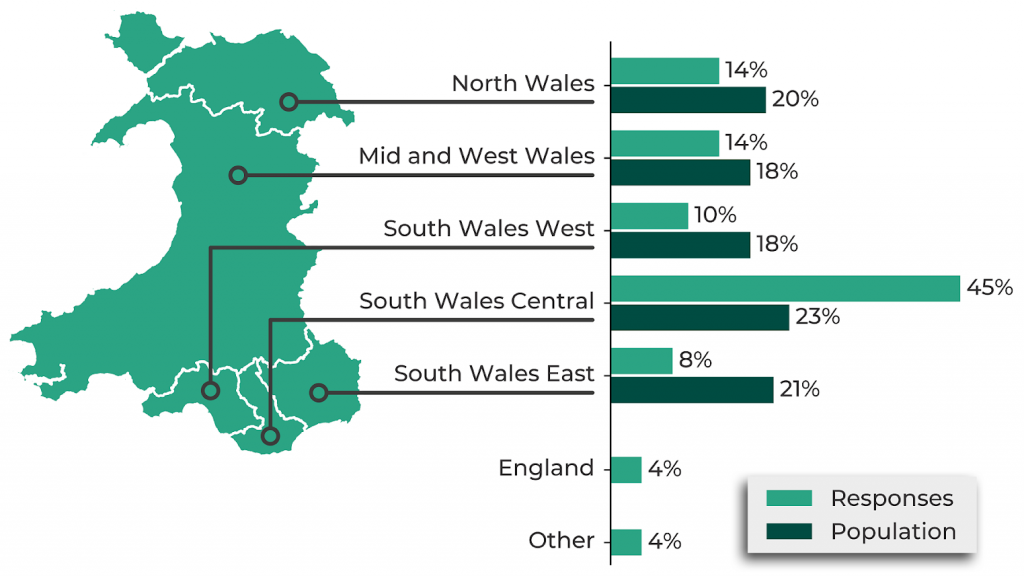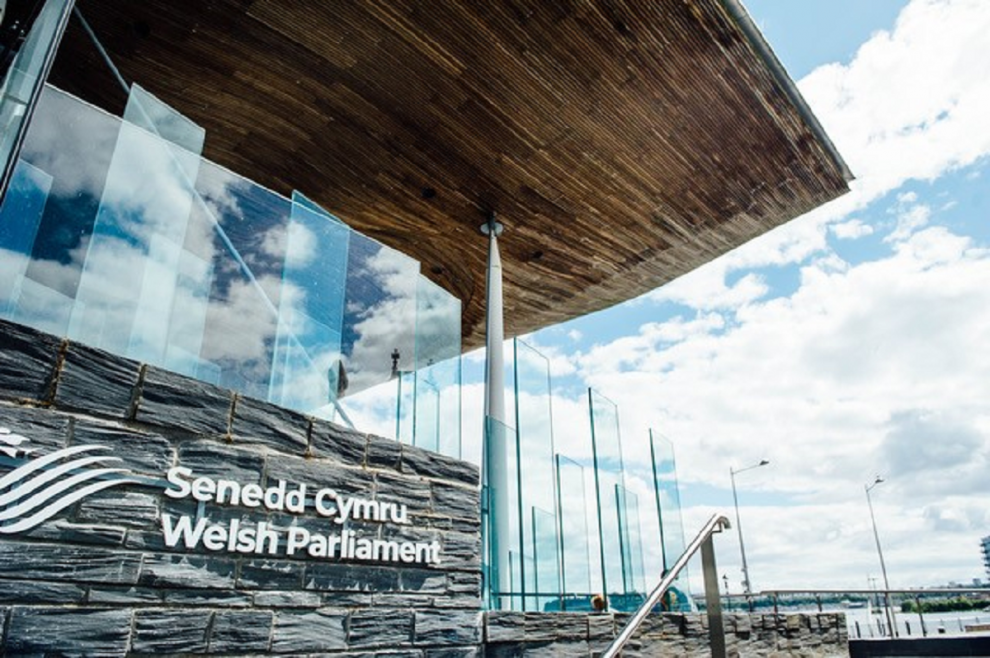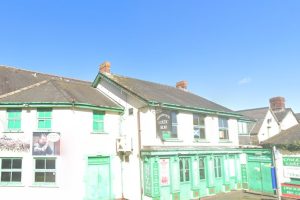THE EVIDENCE presented to Senedd Committees is skewed and biased due to a failure to engage with Welsh citizens and the private sector.
Senedd Committees fulfil an important role in Wales’s governance. They scrutinise any legislation the Welsh Government plans to bring forward and examine how current Welsh laws work in practice.
Committees can make recommendations to the Welsh Government regarding any changes needed to existing legislation and service delivery and advise on the potential effects of the Welsh Government’s planned interventions.
To help the Committees fulfil their functions, they issue calls for evidence and hear evidence in person or through written submissions. And that is where the system’s weakness becomes obvious.
THE USUAL SUSPECTS
A Senedd research article shows that third-sector organisations, unions, lobby groups, and quangos funded directly or indirectly by the Welsh Government dominate the evidence Committees receive.
Although 70% of Welsh workers work in the private sector, Senedd research only 5% of all evidence Senedd committees consider comes from the private sector.
Committee chairs know about the issue. In 2021, the chairs recommended a data assessment to show who engages with Senedd committees’ work. A separate review of Senedd committees’ effectiveness recommended monitoring to assess the diversity of evidence they received.
The results showed that many of those giving evidence to Committees (as many as 44%, in some cases) had previously given evidence to a Committee. That suggests both a failure of outreach on the Senedd’s part and inherent and inevitable bias in the evidence Committees consider. Once you’re on the inside track, you’re inside forever.
The problem is stark. Committees hear evidence from “the usual suspects” who do not represent most of Wales’s population.

33% of survey respondents giving evidence in a professional capacity or on behalf of an organisation said they represented the public sector. The public sector represented around a third of oral witnesses (excluding Welsh Government representatives) in 2021-22.
- The third/voluntary sector is also well represented. 32% of professional or organisation survey responses came from this sector, and data shows they made up around 20% of oral witnesses (an increase from approximately 10% in 2019-20).
- Academics comprised under 9% of survey respondents and made up 10% of oral witnesses in 2021-22 (a decline from 13% in 2019-20)
- Professional bodies and trade unions represented 8% of the survey responses and made up 12% of witnesses.
- Welsh Government representatives (Ministers and officials) made up fewer than 5% of survey responses. However, they represented more than a quarter of oral witnesses.
- The private sector had low representation in committee evidence. The survey data showed that under 5% of evidence came from this sector. As a reference point, 70% of the Welsh workforce is employed in the private sector.
- 10% of evidence came from other sources, including industry bodies or regulators; public affairs bodies; campaign or community groups; representatives of youth groups, school pupils or students, or members of the Welsh Youth Parliament; and individuals.
GEOGRAPHY
If you think the statistics above give cause for concern, the representation of voices outside the South East and the Valleys is even more troubling.
Almost half of all evidence considered by Senedd Committees comes from the South Wales Central Senedd region, which is home to under a quarter of Wales’s population.
Particularly under-represented before Committees are those from the South Wales East region, which is home to a fifth of Wales’s population but makes up only 8% of those who engage with the Committees’ work.
Something is going wrong.
One thing going right, however, is that in terms of sexual orientation, gender identity, national identity, and ethnic group, there did not appear to be any significant under-representation compared with the Welsh population.
If over 70% of respondents are already involved with or funded by the Welsh Government – as the statistics show – and 46% come from one Welsh region, laws are not being scrutinised for the benefit of the whole of Wales. The Committees cannot base their conclusions on anecdotal evidence. They are stuck with making decisions from their witnesses. If the witnesses and submissions are unrepresentative – and the data suggests that is the case – scrutiny fails. The same old voices spinning the same old stories with the same old agendas get more and more influence over Welsh Government policy.
That cannot make for good law-making. It certainly cannot lead to good law-making for a nation.
We asked each of the Senedd Committee chairs to respond to the data.
A Senedd spokesperson told us: “Making good laws and holding government to account relies on the Senedd engaging with a diverse range of people. The Senedd must be as accessible as possible to all.
“Our committees are already engaging with diverse organisations and communities all over Wales on a range of different subjects. For example, last year, Committee Members met with people working in tourism, hospitality and retail, migrant women with experience of domestic abuse and sexual violence, people with experience of homelessness, members of the Gypsy, Roma and Traveller communities and people with experience of poor mental health.
“We recognise there’s more to do to ensure we are hearing from the right people and not just the same people – that is why we are monitoring who is giving evidence to understand who we are missing.
“We know we can do better and we are working hard to make sure that we do.”
The data speaks for itself: the Senedd has a long way to go.

















